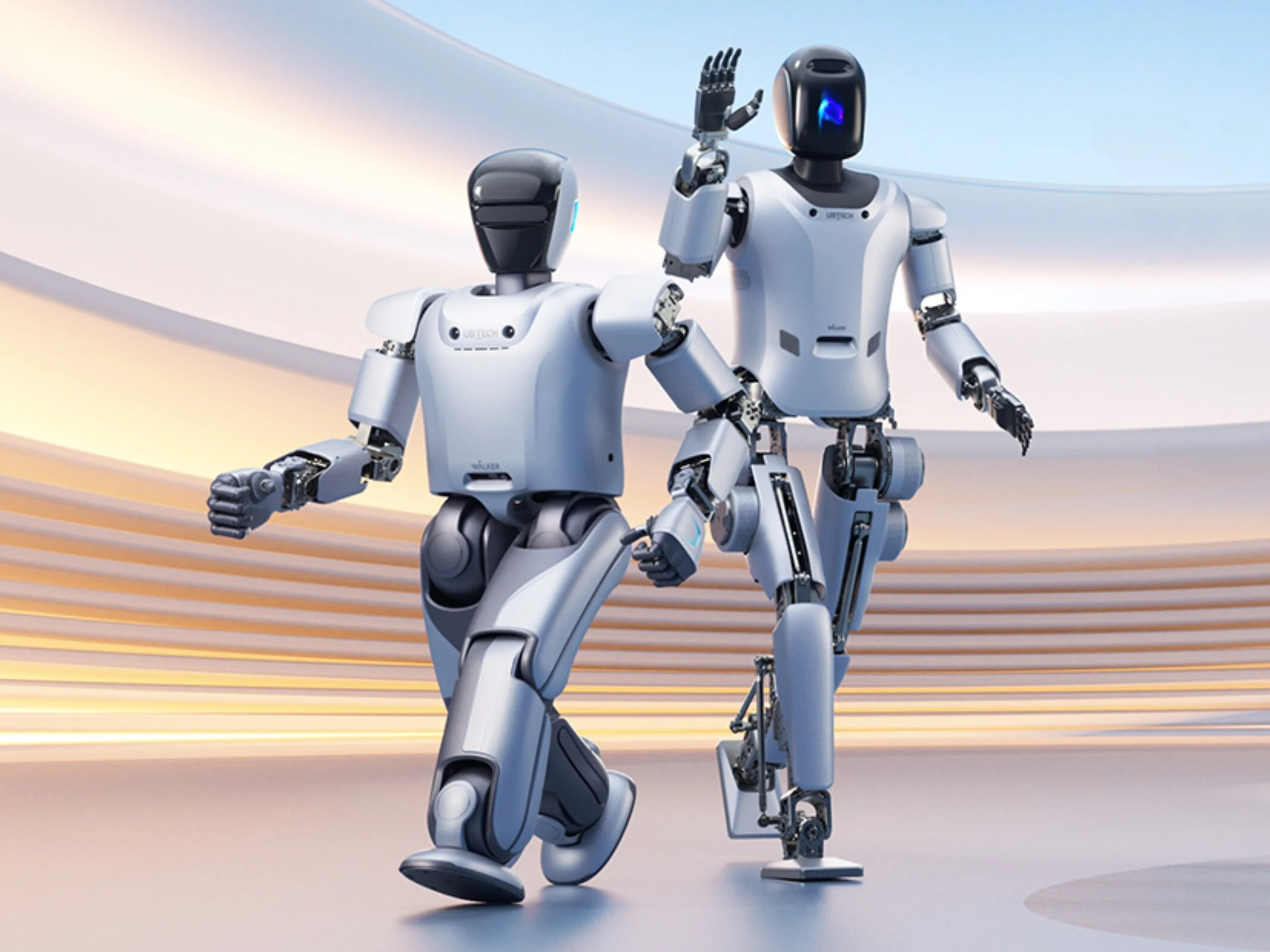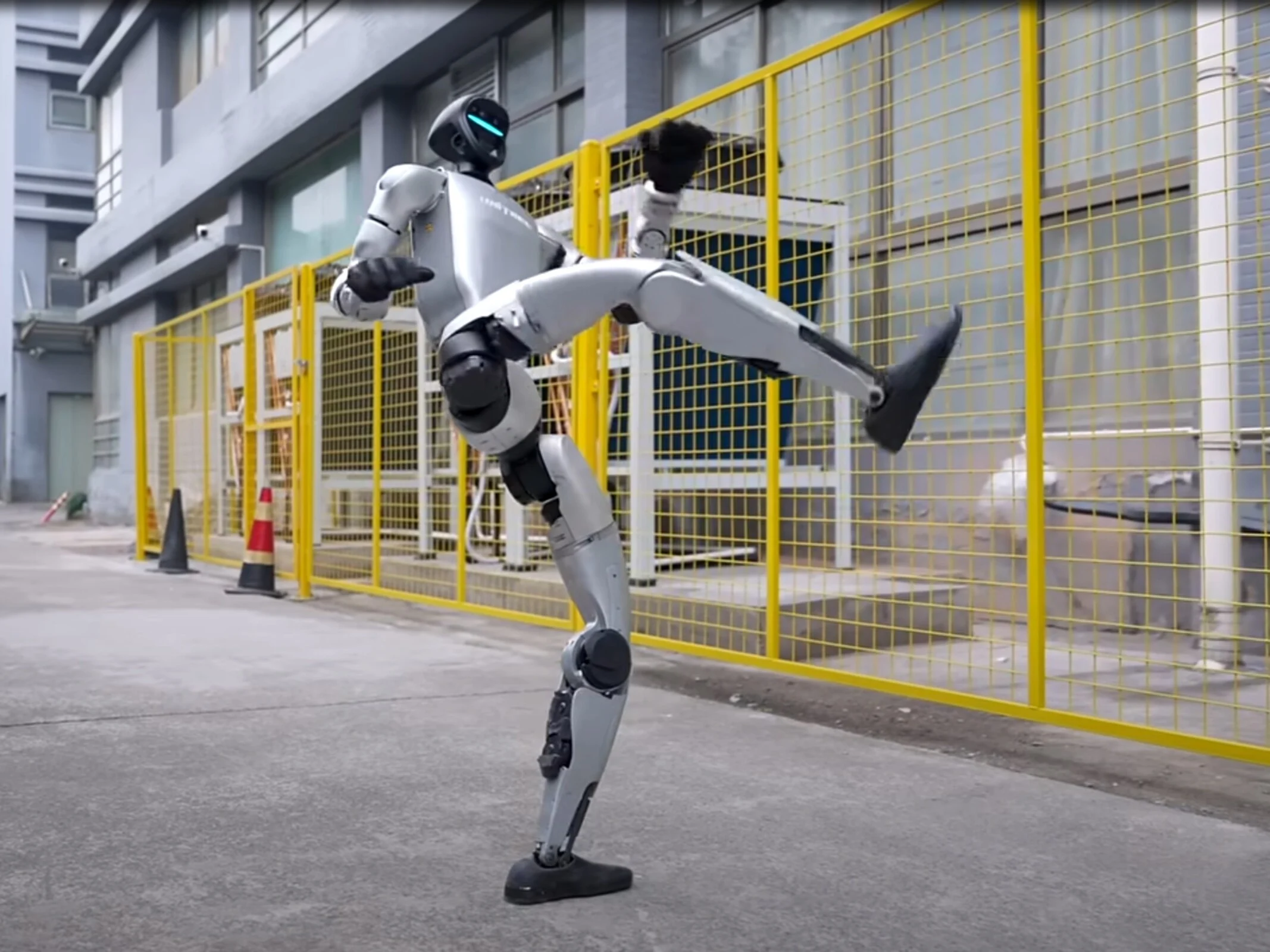Key Takeaways
1. Ubtech Robotics is known for industrial robots used by major clients like BYD and Foxconn, with premium models costing around $100,000 and produced in limited quantities.
2. There is a rising demand in China for household androids due to the need for elderly care and a shortage of skilled workers, prompting Ubtech to plan a humanoid household robot priced around $20,000.
3. The upcoming household robot is expected to build on Ubtech’s existing Walker series, featuring humanoid traits, and may focus on caregiving and assistance without needing extensive new development.
4. Initial functions of the new robot may include simple tasks like fetching items, opening doors, and sending reminders, while more complex tasks like cooking and cleaning are still beyond current technology.
5. Ubtech faces competition from companies like Tesla, which is developing its own household robot, while leveraging China’s government support for robotics to enhance research and development in a rapidly growing market.
Ubtech Robotics is mainly recognized for its industrial robots that are utilized in manufacturing by significant clients like BYD and Foxconn. These premium models, which are about $100,000 each, are still made in small numbers. In a discussion with Bloomberg, Chief Brand Officer Michael Tam pointed out the increasing demand in China for androids that can help in home environments. This trend is partly due to a growing need for elderly care and a lack of skilled workers. To meet this demand, Ubtech has revealed plans to introduce a humanoid household robot later this year, with a target price of around $20,000 to make it suitable for home use.
Details on the Upcoming Robot
Ubtech has yet to announce a specific name for its new household robot. However, it’s likely that the forthcoming device will expand upon the company’s current Walker series. These robots, showcased on Ubtech’s website, are designed with humanoid features, including arms, legs, and precise motorized grippers. Adapting this design for home use would enable Ubtech to utilize an already established tech base. A customized version of the Walker line could be fine-tuned for caregiving and assistance functions without the need for entirely new development. But for the moment, this is still just a guess.
Expected Functions of the Robot
The specific functions of Ubtech’s upcoming household robot have not been outlined yet. Nevertheless, it is anticipated that it will initially perform simple support tasks – like fetching items, opening doors, sending reminders, or helping with communication – especially in elder care situations. More complicated jobs like cooking, cleaning, or independently managing home appliances are still considered beyond the reach of present-day technology. Even Chief Brand Officer Michael Tam admits that a fully functional home robot will need several more years of development.
In China, the robotics industry is receiving significant backing from the government. President Xi Jinping has marked this field as a national priority, leading to a boom in investment, research, and practical applications. Ubtech hopes to take advantage of this momentum, aiming to surpass competitors in turning prototypes into usable products. However, the company is entering a competitive arena; in the last two years, numerous start-ups have emerged in humanoid robotics. Simultaneously, swift advancements in large language models are revealing new avenues for sophisticated robot intelligence.
Competition and Market Position
By introducing a household robot, Ubtech would find itself in direct competition with Tesla and its Optimus robot, which is built to perform a range of domestic tasks and is projected to hit the consumer market at a price between $20,000 and $30,000. Tam sees this international competition – especially from the United States – as a positive force. While the U.S. is at the forefront of developing advanced AI algorithms, China has the edge in deploying these technologies in factories and large-scale manufacturing.
Source:
Link


